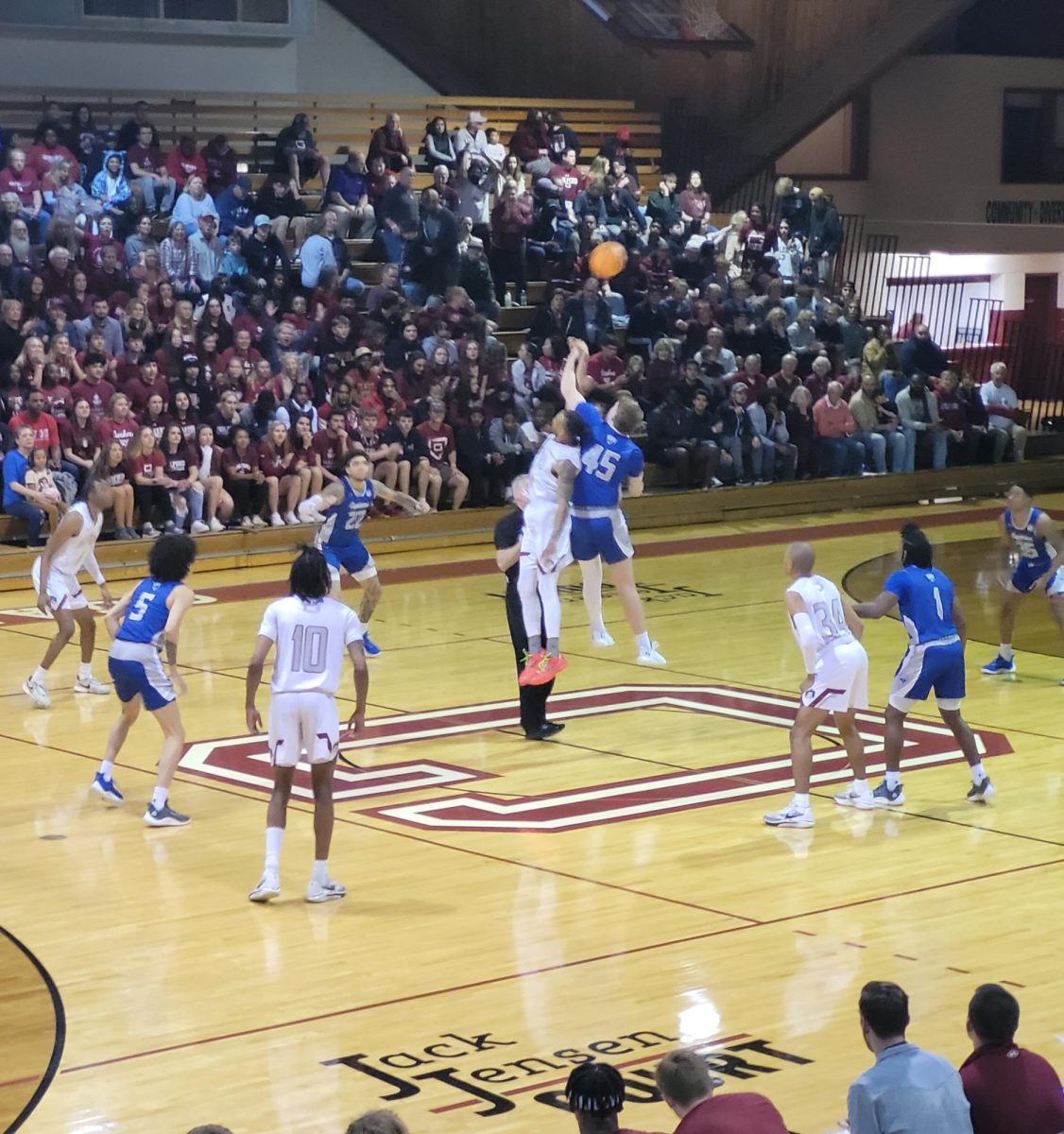$7.25 an hour.
The pay seems reasonable, generous even, when you consider that many minimum wage workers are teenagers and college students working part-time jobs and supporting only themselves.
However, this is not the case half of the time.
According to the U.S. Bureau of Labor Statistics, around 50 percent of workers paid the minimum wage are over the age of 25. These workers are far more likely to be struggling with some of the many financial woes of the 2010s. College debt is growing far more common, and the price of starting a family, let alone raising one, is staggering.
Working at a minimum of $7.25 or below is just not feasible in today’s economy.
In addition, 10 percent of part-time workers and 2 percent of full-time workers are paid the minimum wage. These numbers may seem small, but they add up to 3.3 million Americans working at or below the minimum wage.
In North Carolina, the situation is dire.
North Carolina is one of the 21 states whose minimum wage is at or below the federal minimum wage of $7.25. While many northern or western states have passed legislation to raise their minimum wage, as high as $9.50 in D.C., southern states generally keep the federal minimum. Exceptions include Louisiana, Alabama, Mississippi, South Carolina and Tennessee, who have no mandated minimum wage, as well as the few who have lowered their statewide minimum wage to below $7.25.
Raise Up for 15, a southern movement connected to the international Fight for 15 organization, is run by the combined efforts of the Southern Vision Alliance, Ignite N.C., N.C. Vote Defenders and the Youth Organizing Institute. Their mission is to force all large corporations to raise their hourly wages to $15 and allow employees to form unions without repercussions.
Currently, Raise Up is assisting in the planning of a regional event on April 15 to protest the minimum wage. Other groups across the country, unified by Fight for 15, will band together and strike against unfair wages. Fight for 15 has branches of workers on strike in 150 different cities, as well as members spread across six continents.
A similar event took place last July, when 1,300 fast food workers gathered in Chicago to push for higher wages.
Among them, solutions varied from a nationwide sit-in proposed by grandmother and Popeye’s Louisiana Kitchen worker Mary Coleman, to a far more radical response.
“We are going to break the law,” said McDonald’s worker and Illinois citizen Nancy Salgado as reported by MSNBC. “We’ve got to do whatever it takes to win, and we’ve got to do civil disobedience. We’ve got to do it.”
A major argument from those who protest the minimum wage is the inability to support dependents on such a small pay.
“For the work we do, it’s not that much, but I’m not as dependent on my income as other people would be,” said sophomore Jocelyn Foshay, an employee at the Office of Admissions. “It’s impossible (to rely on the minimum wage while raising children), but the only person I have to support is myself.”
Other Guilford students also note a need for a bit more than $7.25.
“For the amount of work that I do, the education that I bring to the communities around me is priceless, but the money is nice,” said sophomore Brandy Craig, a Community Scholar. “I don’t eat in the Cafeteria much … so I have to buy my own food, and I’m gluten-free, which is expensive. Minimum wage just does not work out for me.”
North Carolina is just one of many states that need to face the changing economy and stop allowing fast-food and other corporations to cheat workers out of their pay.
“I think it’s possible … when you connect these movements,” said the Rev. William Barber, president of the North Carolina NAACP to MSNBC after being asked whether the minimum wage would ever be raised to $15 in North Carolina. “When you connect the call for $15 (to) voting rights, to all of the other movements. This is a civil rights issue, (and) it’s an economic issue.”












